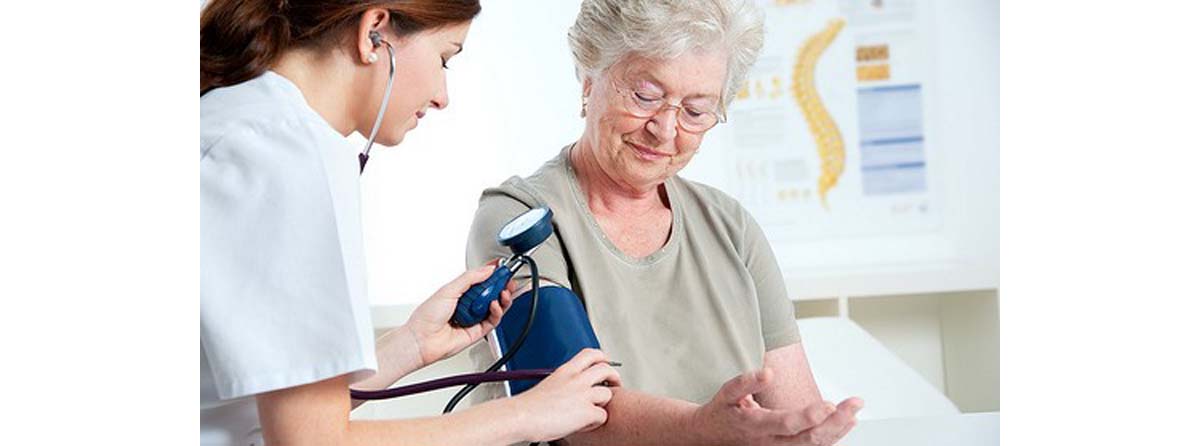Table of Contents
One of the greatest benefits of the placebo could arguably be in the development of medical research techniques. When it was found that an inert substance could have benefits through the placebo effect, researchers realized that some of the benefit of active drugs could also be due to this effect, rather than solely to biological mechanisms. This led to the development of controlled trials where patients are treated either with the active drug, or with a placebo, to establish how much greater the active drug’s effect is than that of the placebo.

How can placebos have a beneficial effect?
Although the mechanism behind this is not fully understood, it is beyond doubt that there is a strong link between physical and mental states. Some people become physically ill when they are facing mental challenges such as stress, depression or grief. Similarly there are phenomena such as ‘white coat hypertension’ where a person’s blood pressure will be higher when measured by a doctor or nurse in the clinic, than it is when measured away from a clinical setting. These are examples of the mind producing physical symptoms.
How could therapeutic changes be brought about?
The influence of mental state on physical conditions, in particular on pain, has been the subject of a lot of research. It is known that when people feel happy, for example when engaged in a hobby or pastime, their pain is reduced or easier to bear. This may be due to natural painkillers called endorphins, released from the brain when we are happy, and when exercising. This is just one of the ways in which mental and physical states are connected.
Is it ethical to give a patient a placebo?
The Hippocratic Oath, which doctors used to swear when they qualified, states ‘First, do no harm’, and negative effects have not been associated with placebo.
But clinical practice is not always that straight forward — as one of the cases below illustrates. Many also say that it is unethical to give a placebo without telling the patient it’s not active drug. And surprisingly, warning the patients in this way does not always ruin the placebo effect.
Is there a place in modern medicine for placebo?
Outside of clinical trials, placebos can be of benefit in modern medicine, when used appropriately. An example is the case of a man with post-operative pain who was treated with injections of morphine. He kept asking for extra injections, which, because of the serious side effects of morphine, the staff were unable to give him. Instead they told him they could give him saline (salty water) injections, which have helped other people.
Another case that demonstrates the power of the placebo effect even when we know that we're being given a placebo involved a woman with depression who demanded drug therapy after becoming very agitated during a hypnotherapy session. She was prescribed 25mg per day of a drug normally given at 200-300mg daily, and warned of this. The woman had immediate relief from her condition, avoided the side effects she might have experienced at higher doses and was able to carry on with other non-drug therapies. Despite the fact that she was still given active treatment, the dose was so low that any effects would have been a placebo.
- Kaptchuk TJ. Powerful placebo: the dark side of the randomised controlled trial. Lancet, 1998, 351, 1722-25
- Lichtenberg P. The Role of the Placebo in Clinical Practice. Mcgill J Med. 2008, 11(2), 215–216
- Lichtenberg P, Heresco-Levy U, Nitzan U. The ethics of the placebo in clinical practice. J Med Ethics 2004,30,551–554
- www.ncbi.nlm.nih.gov/pmc/articles/PMC2582669/
- www.ncbi.nlm.nih.gov/pmc/articles/PMC1733989/pdf/v030p00551.pdf


Your thoughts on this